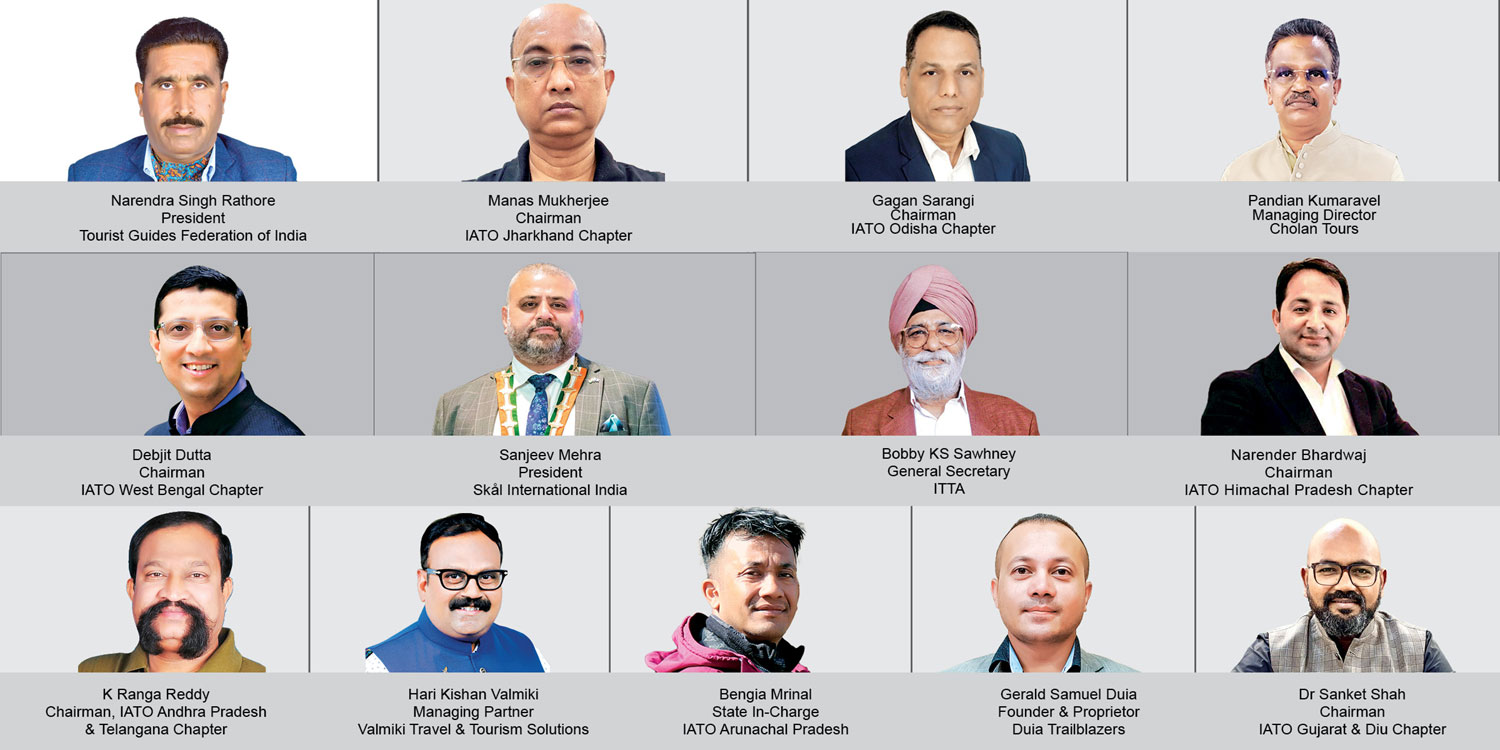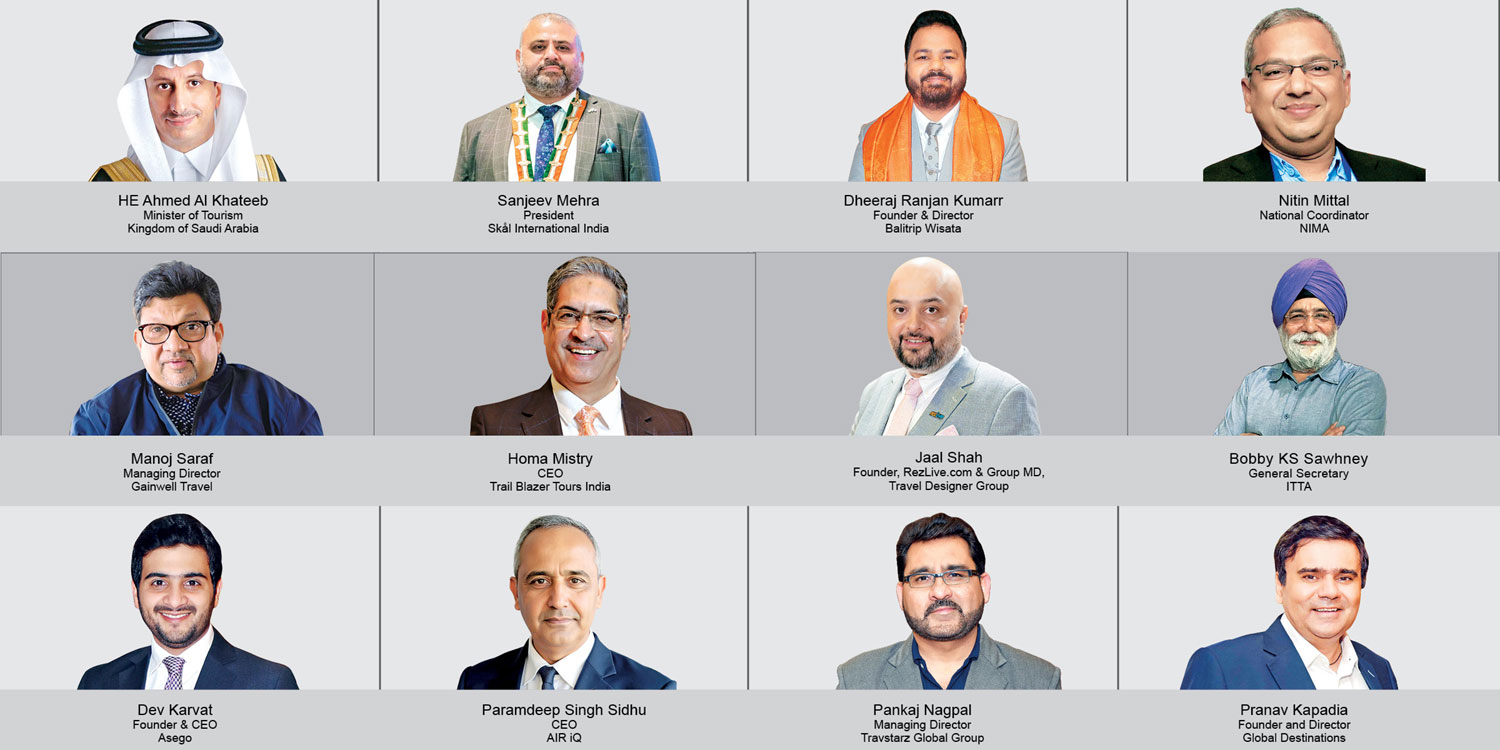Matthew Powell, Managing Director–Middle East & South Asia, Travelport, reveals details of an ongoing study on millennials and shares the group’s key plans for the Indian subcontinent.
AHANA GURUNG
Q) What is Travelport currently working on behind the scenes?
We’re currently working on a report on millennials, particularly to see the way they book. They make up a key component of the market in India and are currently a critical part the dynamics of the industry and how it is changing. The key thing for us is to understand how the millennial is thinking and the ways in which their actions are driving behaviours outside of the bracket. We do a lot of work with suppliers like hotels, airlines etc, and people who want to travel and giving them more assistance in building a sturdy relationship, so it is very critical for us to first understand what trends are driving the behaviour.
Q) What do the findings of this study outline?
What we’ve observed so far is that although millennials want instant information, more personalised trips, etc, these needs are spread across most other audience, those demands are the same whether you are a millennial or not. In India the disposable income is high, they want new experiences and they want personalisation. We’re looking at how we can integrate the right content from our suppliers into the platform to offer the relevant solutions to the travellers. It’s kind of shaping how everyone acts and works.
Q) Millennials have been the buzzword this year for almost every industry. Why so?
In my view, the millennials drive behaviour through social media and this is impacting other age groups as well. For instance, I may not still fit into the millennial group but I use technology just like my daughter, and my parents have also adopted the same behaviour when it comes to technology. So, they’re definitely a very influential category and everyone’s kind of going down that road. It’s a trend we’re paying close attention to because if the millennials are adopting it, then it’s soon going to feed into other segments too.
Q) What potential does the Indian market bring for Travelport?
India is a fast-growing market globally from a travel perspective which has chiefly been driven by the millennials. It’s the young population that is eager and curious about travel, which is why Travelport has put in a lot of time and investments for this segment. Recently, we’ve tied up with IndiGo whose fares, ancillary products and offers will be available on the Travel Commerce Platform. This distribution will enable IndiGo to provide its content via an API connection and that kind of sets us up to be the key platform in the market to give agents and online travel agents the content and information they need.
Q) Tell us about some of your focused initiatives for India
We’re focused on driving Smartpoint in the industry–we started out three years ago and we’ve seen very good growth on the front. And since there are several traditional agents in India, it serves as a very good base for us. We have quite a small base of online agents currently, so India is a really big market and a core focus. We also have specific offerings related to the type of agent, be it corporate or an offline agent, etc.
Q) LCCs have been a key target for Travelport and has been highlighted with the agreement with IndiGo. How does this partnership benefit both parties?
We’ve been leading in the GDS space having recently signed on IndiGo on GDS in India. We first signed RyanAir in Europe and EasyJet, then IndiGo in India, and Onur Air in Turkey and Nesma Airlines in Saudi Airlines. We are the go-to choice when it comes to LCCs and it boils down to being able to offer a choice. The LCCs in their traditional markets offer good penetration but are looking to grow globally and that’s where Travelport can really provide that exposure. The distribution partnership will help the airline reach travellers in international markets. We’re mainly focused on rich content and branding which allows airlines to redisplay and split their offerings. Carriers such as IndiGo have base fare and then a host of add-ons to make your trip more personalised and we’re good at that. We’re seeing a lot of carriers come onto rich content and branding – we have around 230 carriers on it so far.
“India is a fast-growing market globally from a travel perspective which has chiefly been driven by the millennials. It’s the young population that is eager and curious about travel, which is why Travelport has put in a lot of time and investments for this segment.” –Matthew Powell, Managing Director–Middle East & South Asia, Travelport
Business Travel gains momentum
India’s business travel industry has grown by 16.2 per cent over the past five years (2011-2016), according to a report by Travelport and World Travel and Tourism Council (WTTC). It has been predicted that Asia-Pacific will lead the way at a rate of 6.2 per cent each year to 2027, with India (7.2%) among the top five countries attributing to the growth. Over the past five years, at a global level, business travel spend has grown at an annual average of 3.6 per cent, with the strongest growth in the past 5 years having taken place in Asia, the Middle East and Sub Saharan Africa.
 TravTalk India Online Magazine
TravTalk India Online Magazine





